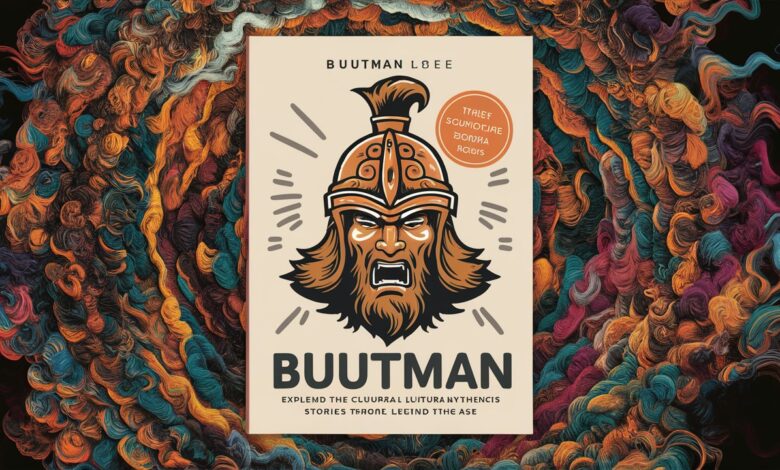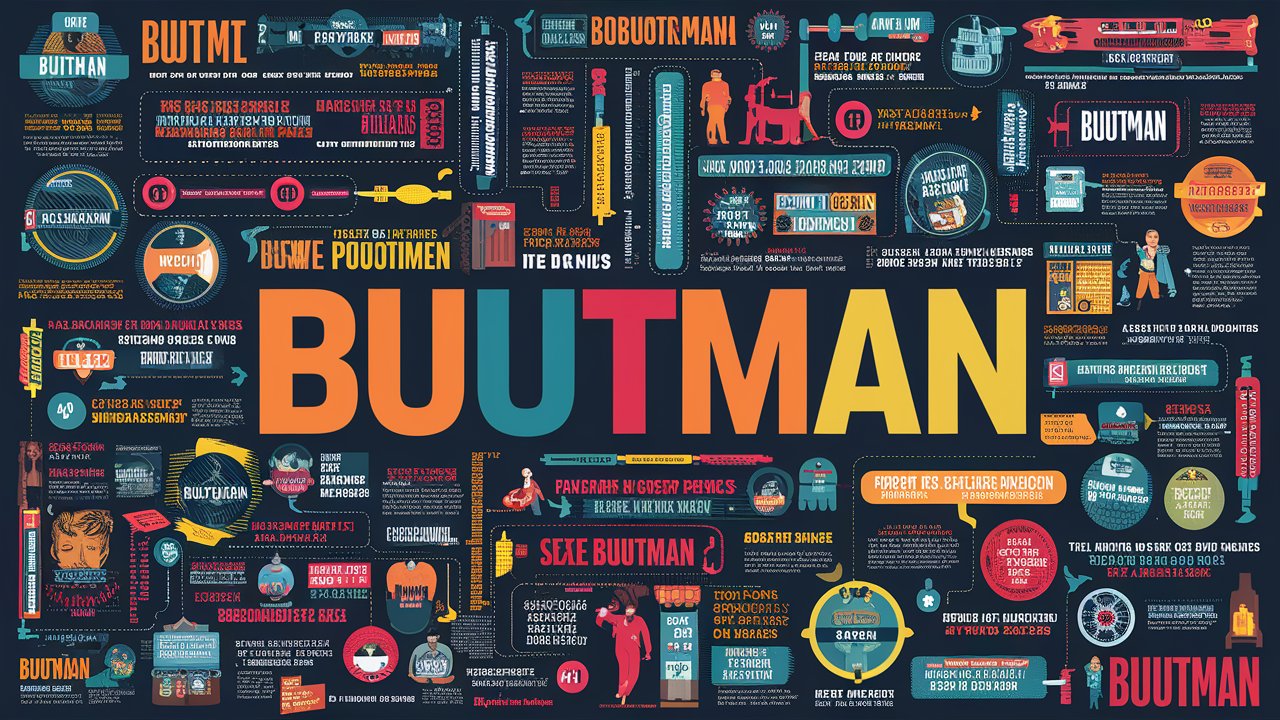Buutman: Everything You Need to Know About the Name, Origins, and Cultural Significance

The term Buutman has sparked curiosity across online communities, cultural studies, and even modern social discussions. While at first glance the word may seem unusual or niche, it carries unique connotations, stories, and interpretations. Whether used as a surname, a symbolic cultural reference, or as a creative character identity, Buutman has become a keyword of interest for those exploring personal histories, identity, and digital culture.
The Origins of the Name Buutman
The word Buutman is often associated with European linguistic traditions, particularly Dutch and German roots. The suffix “-man” typically indicates either a profession, role, or family identity in Germanic languages. Similar to names like “Fisherman” or “Craftsman,” Buutman could have been occupational in nature, tied to early trades or regional titles.
In some dialects, the root word “Buut” may be derived from old expressions for “outside” or “beyond.” Combined with “man,” the word could translate to something like “man from outside” or “outsider.” This origin suggests that the surname might have been given to individuals living beyond a village boundary or working in fields away from central settlements.
Buutman as a Surname
As a surname, Buutman is rare yet distinctive. Families who bear the name often carry with them a deep cultural heritage linked to regions in Northern Europe. The rarity of the surname makes it valuable in genealogical research, as tracing the lineage of Buutman families can reveal migration patterns, occupational histories, and cultural transitions over centuries.
Each of these regions holds historical connections to Dutch and German settlers, suggesting that the family name traveled widely through migration.
Cultural Significance of Buutman
Beyond being a family name, Buutman carries cultural significance. In certain communities, it has been interpreted as a symbol of resilience and adaptability. The notion of an “outsider” figure has long been part of folklore and storytelling, representing individuals who bring new perspectives to a society or live beyond conventional norms.
Writers, artists, and content creators sometimes use the name as a character title, a pseudonym, or a symbolic reference. This modern cultural adaptation ensures that Buutman continues to thrive not only as a surname but also as an evolving concept in literature and digital identity.
Modern Digital Presence of Buutman
In the digital age, the term Buutman has found new life on the internet. Social platforms, online forums, and artistic communities feature the name in unique ways. It can be seen as a username, character identity, or brand label, reflecting how modern individuals adapt cultural terms to their personal or professional identity online.
Its searchability makes it a niche keyword, but one with increasing relevance as more people encounter it in globalized digital networks.

Buutman in Genealogy and Family History
For those interested in genealogical research, the name Buutman presents an exciting opportunity. Because the surname is relatively uncommon, tracing it often leads to specific historical documents, migration records, and family registries. Platforms such as Ancestry, FamilySearch, and Dutch genealogical databases frequently contain records that can shed light on the movements of Buutman families.
By piecing together historical records, one can often uncover stories of early settlers, tradespeople, and communities who carried the name. For descendants, these stories offer a tangible connection to cultural heritage and personal identity.
Symbolism of the Outsider: Buutman in Folklore
The interpretation of Buutman as “man from outside” or “outsider” ties into a broader cultural archetype. Across mythologies and folk traditions, the outsider often plays the role of:
-
The Wanderer: Someone traveling between lands, bringing wisdom or new ideas.
-
The Protector: An individual watching from beyond the walls, safeguarding communities.
-
The Challenger: A character who questions tradition and sparks change.
These symbolic roles resonate deeply with the human experience, and Buutman as a name embodies these archetypes in ways that connect past traditions to modern identity.
The Evolution of Buutman in Pop Culture
Interestingly, modern pop culture has embraced variations of the name Buutman in creative storytelling. While not as mainstream as superheroes or widely recognized characters, independent creators and digital artists have used Buutman as a character title or alias. This reimagining allows the name to transcend its traditional roots and take on new symbolic meaning in storytelling, gaming, and even music.
As creative industries continue to blend history with modernity, we can expect to see Buutman appear in innovative narratives, keeping the name alive in cultural consciousness.
The Global Appeal of Rare Names like Buutman
Whether used as a family name, artistic identity, or brand, it carries a uniqueness that resonates in a world saturated with common labels. For businesses, adopting a rare name like Buutman can provide a memorable branding advantage. For individuals, it highlights heritage and creates a sense of belonging to something both personal and historical.
Conclusion
The term Buutman is more than just a surname. It is a cultural marker, a historical thread, and a modern identity that bridges heritage with creativity. From its likely European roots to its symbolism in folklore, and from its genealogical significance to its digital-age reinvention, Buutman carries depth and intrigue that continues to attract attention. As a rare and powerful name, it embodies resilience, individuality, and cultural continuity.
Frequently Asked Questions about Buutman
What does the name Buutman mean?
The name is likely of Dutch or German origin, with “Buut” possibly meaning “outside,” making the term “man from outside” or “outsider.”
Is Buutman a common surname?
No, the surname is relatively rare, which makes it easier to trace in genealogical studies.
Where is the surname Buutman most commonly found?
It is most often found in Europe, particularly the Netherlands and Germany, but has spread to the U.S. and South Africa through migration.
Is Buutman used outside of family names?
Yes, in modern times it has been adopted in pop culture, online identities, and creative projects.
Why is Buutman important in genealogy?
Because of its rarity, tracing the surname can provide unique insights into family heritage and migration history.
